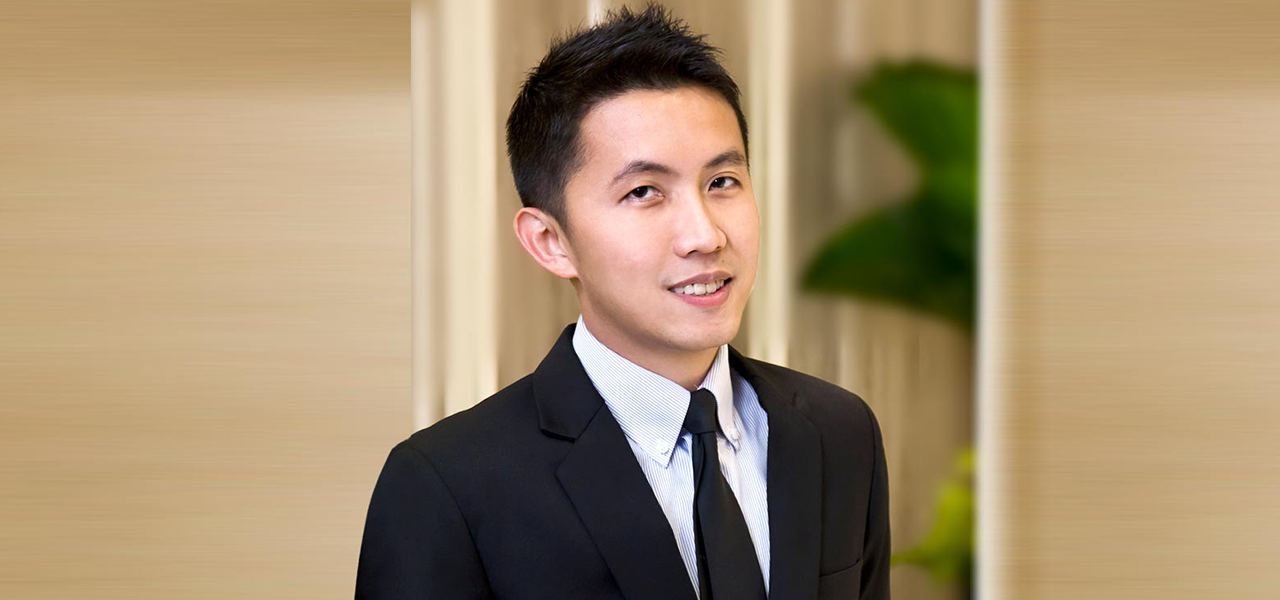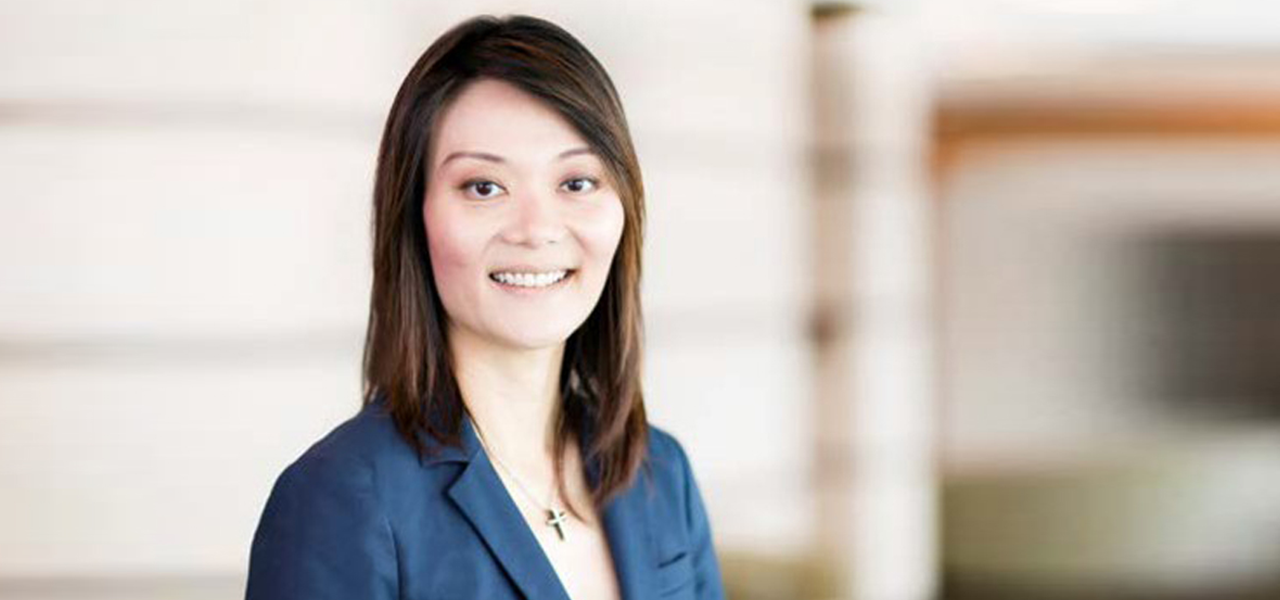Of climate change and croissants
Most students could only dream of living in Paris, taking in the sights, sounds and culture of one of the most magical cities on earth. But what if an immersion into the French capital can be part and parcel of one’s postgraduate experience? With a little research and planning, it's possible to create your very own "Emily in Paris" student exchange — albeit with a lot more intellectual stimulation rather than sartorial provocation.
During the Master of Science in Economics (MSE) programme at SMU, Angelica Marie Franco Lite had the opportunity to undergo an exchange course for a Climate and Business Certificate at the prestigious French business school HEC.
“I applied for the exchange programme because it was a good avenue for widening my perspectives and deepening my understanding on economics and its fields of application,” says Angelica.
“It was also a chance to engage in climate discussions with other postgraduate students from across the globe.”
Global immersion at every stage
Moreover, there are many reasons why student exchanges are beneficial, not just for undergraduates, but also for postgraduate students. One of the main advantages is that it provides an opportunity to learn about other cultures and to experience life in another country. This can be hugely beneficial in terms of future employment prospects, as employers are increasingly looking for employees who have international experience. Exchange programmes can also provide an opportunity to gain research experience in another country and to form collaborative relationships with other scholars.
At SMU, global exposure is a priority, with opportunities ranging from overseas exchanges, study missions and internships, to global innovation immersions and SMU-X Overseas — which enables students to take on overseas projects with industry partners.
For Angelica, who is a Manager, Portfolio Risk Analytics in Westpac6, it is increasingly apparent that the economy is a subsystem of the earth’s larger ecological system, and that economics must consider the limits imposed by the carrying capacity of the planet.
The economic costs of climate change are expected to hit up to $300 billion a year in 2030, and are projected to increase as the effects of climate change become more severe. As a result, economics must consider the costs of climate change in order to make sound decisions about investment, growth, and development.
“Having spent my childhood in a country exposed to many natural disasters, I observed how such disasters were occurring at an unnatural rate and intensity,” the Filipino national explains.
“They were no longer news that you could tune out, but a reality you actually experience.”
When presented with the opportunity to undergo an exchange course with HEC Paris in her final MSE term, Angelica therefore decided to strengthen her understanding of topics related to climate change.
Growing a global mindset
The programme kicked off with the introductory discussions pertaining to the flow of the course, as well as a meet-and-greet session with the class over coffee, delectable croissants and pains au chocolat. Each day was filled with lectures on different sub-topics such as sustainable development and the Anthropocene — the geological era we are currently living in, characterised by the overwhelming impact of human activities on earth's geology and environment.
As businesses and society grapple with the challenges of climate change, it is becoming increasingly important to have a strong understanding of the issue from both a business and societal perspective. Consequently, the course also included a variety of speakers ranging from United Nations Intergovernmental Panel on Climate Change experts to a climate negotiator, economists, professors, scientists and sustainability officers from different institution.
“I prepared by figuring out my ‘top-of-mind’ questions — basically concepts which I am not familiar with, as well as issues I wished to learn more about,” explains Angelica.
“This allowed me to maximise the returns from the course, as I was able to discuss key issues with professors and the distinguished set of lecturers.”
To reinforce classroom learnings, she also worked on a project with luxury group LVMH to delve into the environmental performance of the wine industry and test out a circular economy model. Coming from an Economics background, Angelica thoroughly enjoyed learning about analytical frameworks, empirical studies, methodologies, and multiple perspectives in tackling climate challenge.
“I was able to apply the lessons taught in SMU by posing questions to examine climate issues and solutions, as well as tackling the homework and projects with depth and breadth,” reveals Angelica.
“As a final project, we were also tasked to either create a start-up concept or pick an industry which we want to explore decarbonisation strategies. It was definitely a deep dive into the intricacies of hard-to-abate sectors — what has been done, what is currently being done, and what else can be done.”
And it wasn’t all work and no play. When in Paris, one surely has to do as the Parisians do — whether it is roaming through the majestic salons of the Musée d'Orsay, Musée de l'Orangerie, Musée du Louvre and Musée Rodin; or simply imbibing freshly-baked viennoiseries.
In fact, Angelica prepared for the exchange by taking French classes, which “helped not only in the small conversations with people in the university; but also day-to-day chats with Parisians when grabbing morning croissants and coffee at the local boulangerie, ordering food in nearby brasseries, and wandering around parts of the city.”
Another highlight of the experience was being able to engage with students from myriad nationalities and backgrounds. Angelica completed assignments relating to carbon impact analysis, greenwashing assessments, and investment portfolio analysis. Lectures also included mini-group challenges, and her group won where they explored a circular economy concept and how to apply data analytics methods.
“It was indeed an enriching stay, academically and personally,” says Angelica.
“I was surprised that the quote, which I have included in my application essay, was the last parting message from our programme directors. For me, this quote by Antoine de Saint-Exupery encompasses the challenge we must face together if we want to move forward in tackling climate change: ‘As for the future, your task is not to foresee it but to enable it’.”
Last updated on 15 Feb 2023 .





